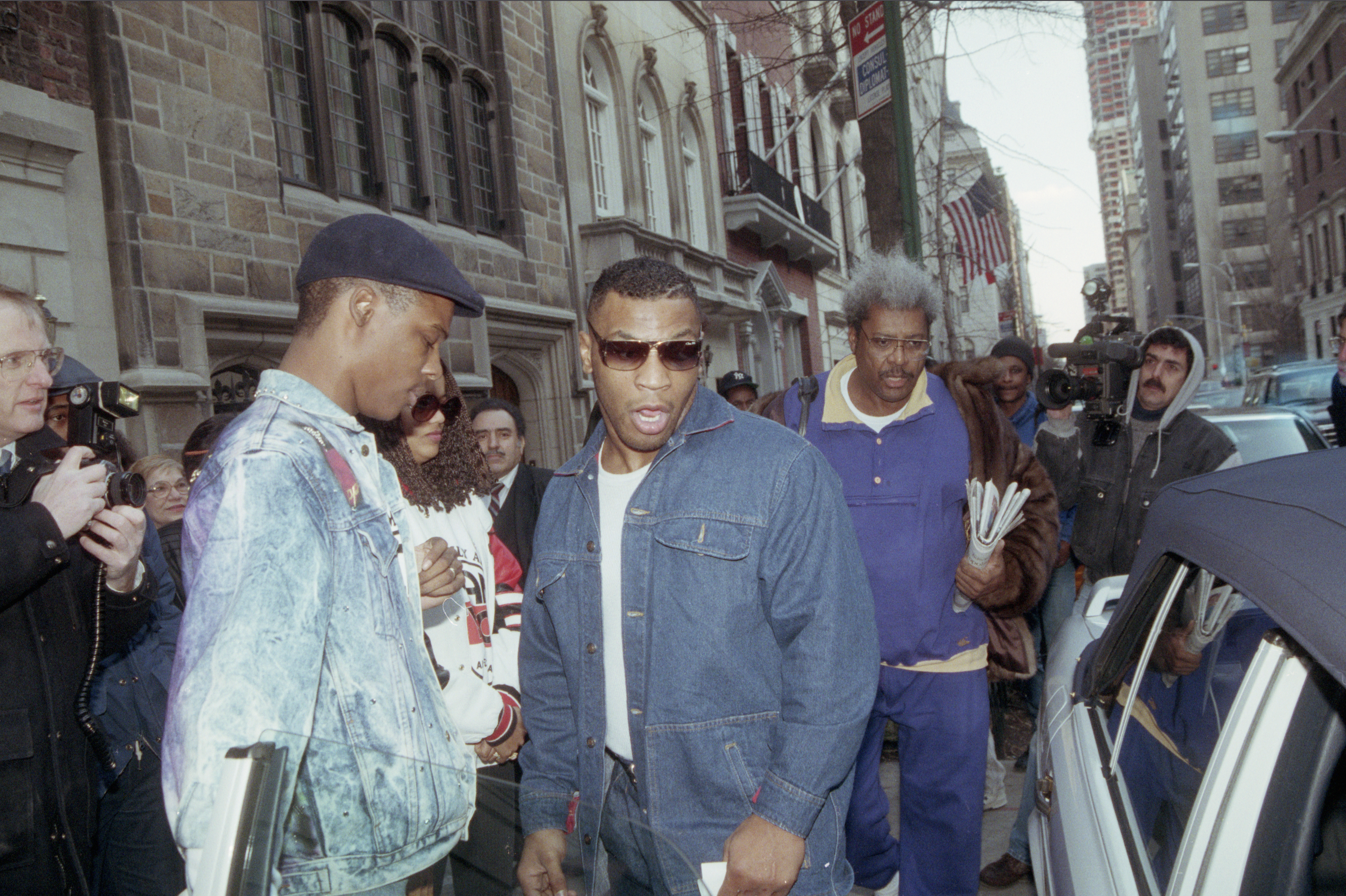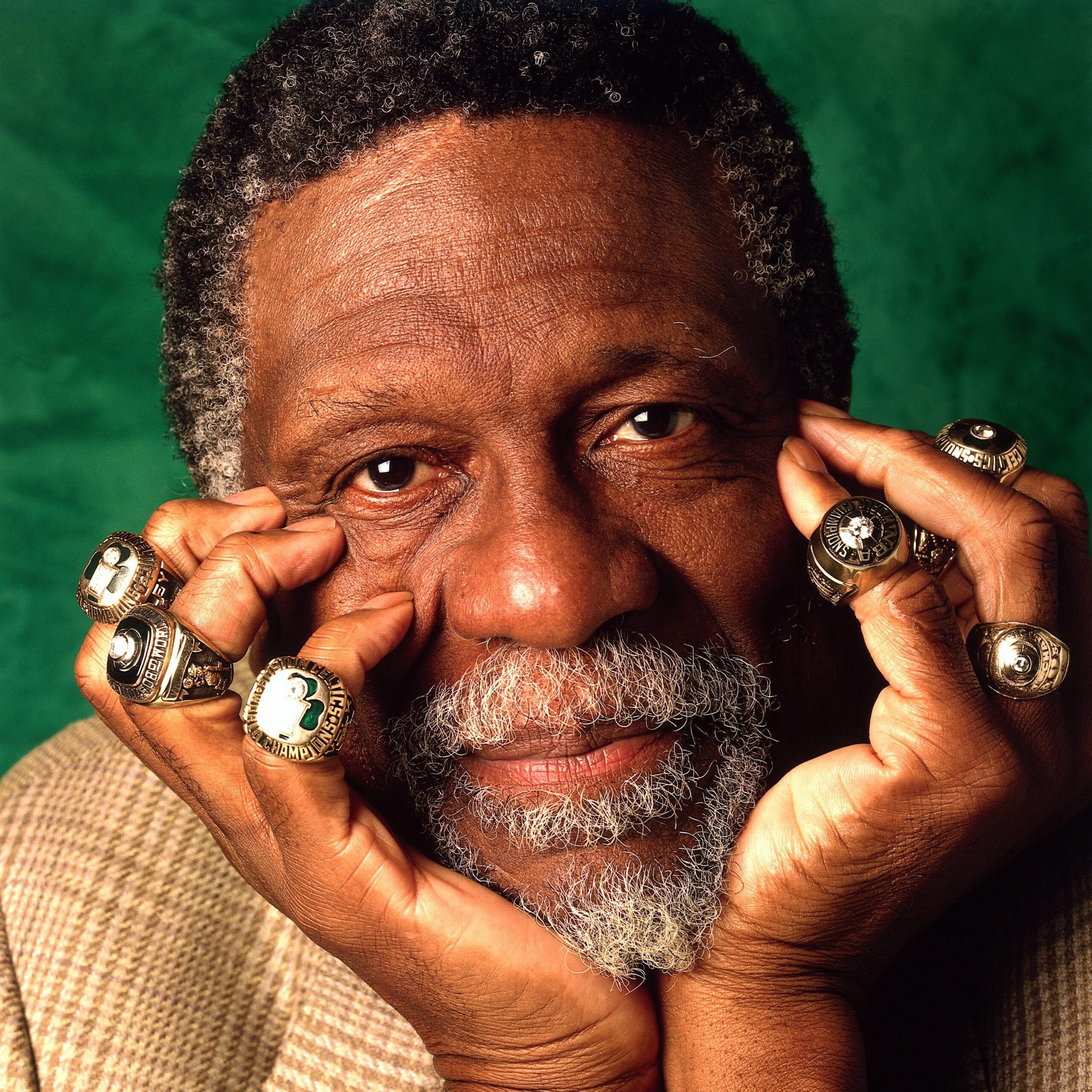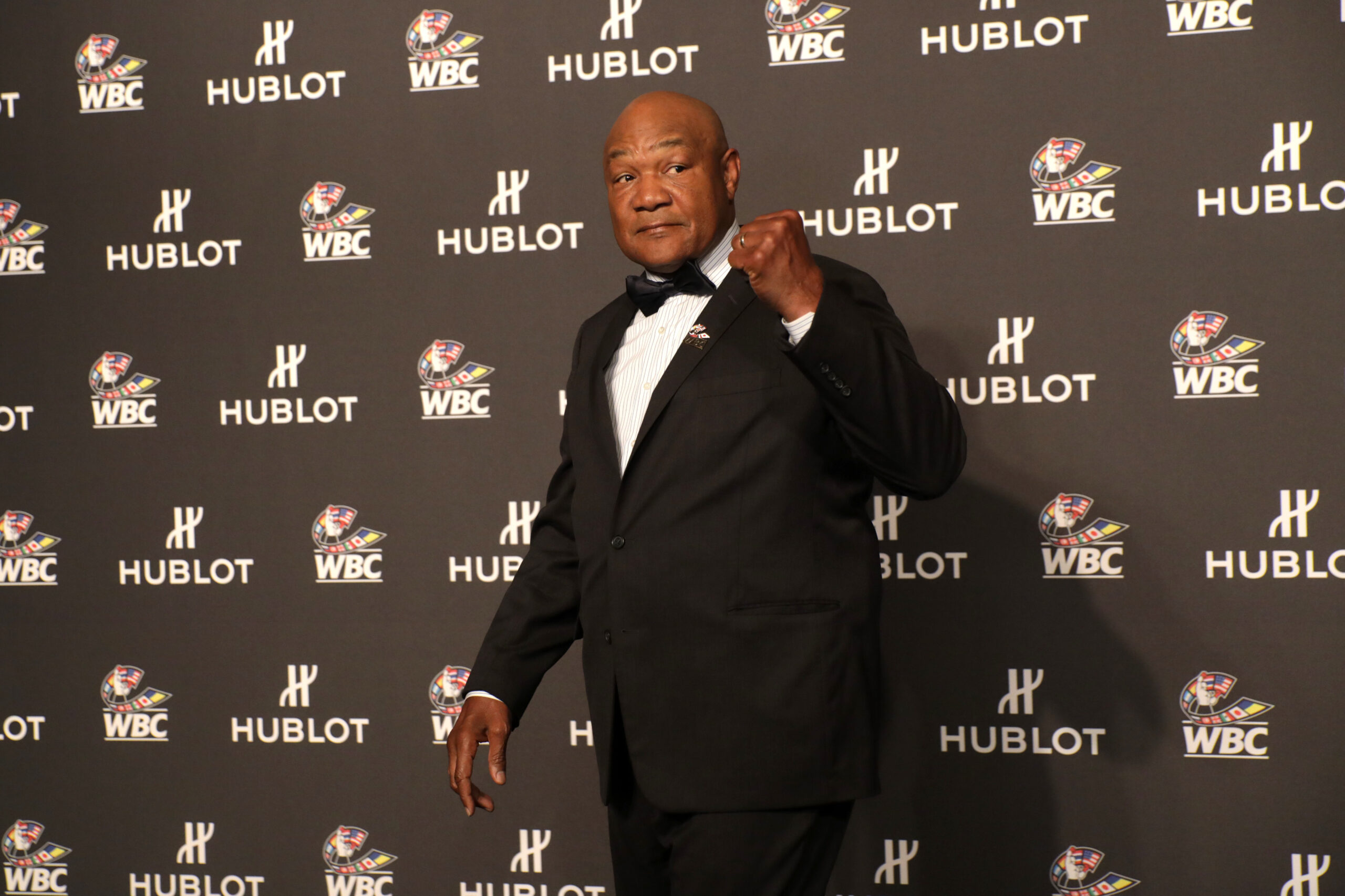From vilified Olympian to honored member of the academic community, Smith’s lived an incredible life.
The results of Tommie Smith’s black power salute on the stands at the 1968 Olympic Games in Mexico City is remembered as the turning point of his career from an athlete, to a scapegoat and, after a long road, a celebrated representative of black dignity.
This week, on June 6th, Tommie Smith turned 75 years old.
Contextualizing a Legend
We see him today in a different manner, but Smith was one of the first examples presented to me as a reason to not speak too loudly about opposing the structure of colonialism that says people of color should be on the bottom wrung, and be happy about it.
It seemed like my junior high school teacher, a black man, was telling me that speaking up was detrimental to my being. Yet, when I read about history it was filled with instances of what I then believed were brave people fighting against tyranny and subjugation in the name of freedom.
Back then the overwhelming majority of those people were white males, with a smattering of stories about Molly Pitcher and Betsy Ross to make it appear as though everyone was eligible to take a personal interest in fighting for the freedom of their country.
As I transitioned to high school, another teacher, Mrs. Quinn, would take an alternate root in prodding her students to think creatively and proactively about addressing the concerns of black people in America.
My English Mr. Long, told me once in a whispered tone “Always be careful with everything you say, whether written or out loud. The walls always have ears. There are ears everywhere.”
That irked me so bad to hear because Mr. Long was a hero to me, a public educator, published author and a vessel of black nationalist artistic expression. He was basically telling me I should shut up.
Or at least that’s what I thought.
The Moment of Truth
Until years later that I realized Mr. Long was trying to protect me based upon his still fresh knowledge regarding the consequences of standing toe-to-toe with The Leviathan without the proper armor. That armor is the wisdom, support, idealism, and love of those who we are fighting for.
At the time, Tommie Smith and John Carlos were two grainy black and white photos in a history book that had maybe 10 pages of information about black history and civil rights within a manuscript that had around 200 pages.
The message to me was clear, America didn’t think very much about black people or their achievements in the nation.
On the road to the 1968 Olympics, Smith would set a world record of 19.92 during the U.S. Trials in San Jose, California.
During the race that led to the iconic imagery of Smith and Carlos atop the victory stand, both raised the now iconic gloved black fist into the air. But they also were the inspiration of the black socks worn by the Fab 5 of Michigan decades later.
Smith started out slowly in the 200m race due to an injured hamstring and John Carlos would get out to what was on its way to being a commanding lead. In the 200m race, each stride is measured, each step is precise, each tailwind is appreciated.
Even the most infinitesimal detail can be the difference between 1st and last place. Especially so when running against the greatest athletes in the world.
If you’re not in full stride and accelerating smoothly coming out of that first turn, you can pretty much consider yourself out of contention for any medals. But Smith was hitting his stride just at the right time and past teammate and best friend John Carlos on his way to winning the gold.
His efforts helped him improve on his previously set a world record with a time of 19.83.
Silver medalist Peter Norman from Australia also wears an OPHR (Olympic Project for Human Rights) badge in solidarity with Smith and Carlos.
Putting His Livelihood On The Line
Prior to the Olympic Games, Smith was active in the OPHR and actually called for a boycott of the Mexico City games due to the presence of teams from South Africa and Rhodesia, as well as the restoration of Muhammad Ali’s heavyweight title, which had just been taken away in TK due to his highly publicized conversion to Islam, as well as his anti-war stance.
He also wanted the immediate removal of IOC president Avery Brundage as well as the hiring of more African American assistant coaches.
As history reminds us, that boycott was a partial success as the IOC rescinded invitations to South African and Rhodesia, two brutally racist colonial leftovers in continental Africa.
Brundage called their maneuver a domestic political statement unfit for the supposedly apolitical international Olympic Games. But he failed to mention how black people were getting their asses handed to them all over the world by the white power structure, nor was he aware of the significant impact this had on black athletes and people from around the globe.
He immediately called for the suspension of John Carlos and Tommie Smith from the US Olympic team and banned from Olympic Village, a typically privileged overstep by a scorned because he was challenged by a negro. When the US refused, he then threatened to ban the entire team. Again, another b*tch move.
To their credit, Team U.S.A. did provide some pushback, but at the end of the day, they caved and expelled the duo from the rest of the Olympics.
Teammate, a long jumper at the 1968 games, would later state: “The rest of the world didn’t seem to find it such a derogatory thing. They thought it was very positive. Only America thought it was bad.”
The Aftermath
All three men faced immediate backlash upon returning home, which included death threats against them and their families.
This resulted in a descent into poverty that they could not have foreseen prior to their actions. In the end, the very same poverty they had fought so vigorously to shed light upon for the sake of black folks would be their personal prison for decades.
In the immediate years following, Smith was drafted by the Los Angeles Rams in the 9th round of the NFL draft and signed to the Cincinnati Bengals’ practice squad for about three seasons.
He went on to receive a BA in Social Science at San Jose State University and earned a Masters’ in Social Change from Goddard College. Today, Tommie Smith is perhaps the foremost authority on athletes and social justice in America, with many published works and TV appearances.
He was entered into the United States National Track and Field Hall of Fame in 1978, perhaps timed to coincide with the bold move he mad on the podium.
His other accolades are his inclusion into the California Black Sports Hall of Fame, the 1999 Sportsman of the Millennium Award the County of Los Angeles and the State of Texas also showed love with rewards of recognition as well.
As was the case with Martin Luther King Jr, Muhammad Ali and many others, America doesn’t like black men when there bold and confident in their resolve. At least not immediately, if at all. But there are those instances that even “The Machine” cannot deny the societal contributions of those it criminalized not long before.
For this full circle moment, for his contributions in coaching teaching and lecturing, and for just being one of the coldest older cats you’ll ever see, we celebrate the 75th birthday of a legend.



